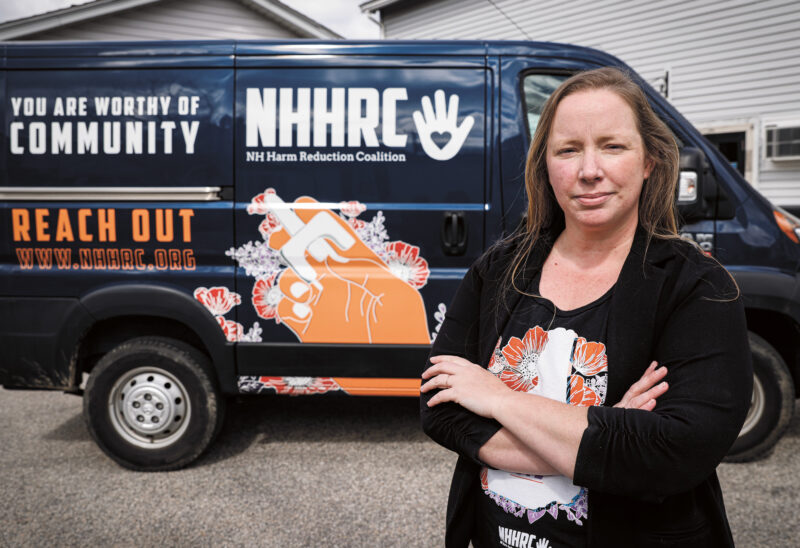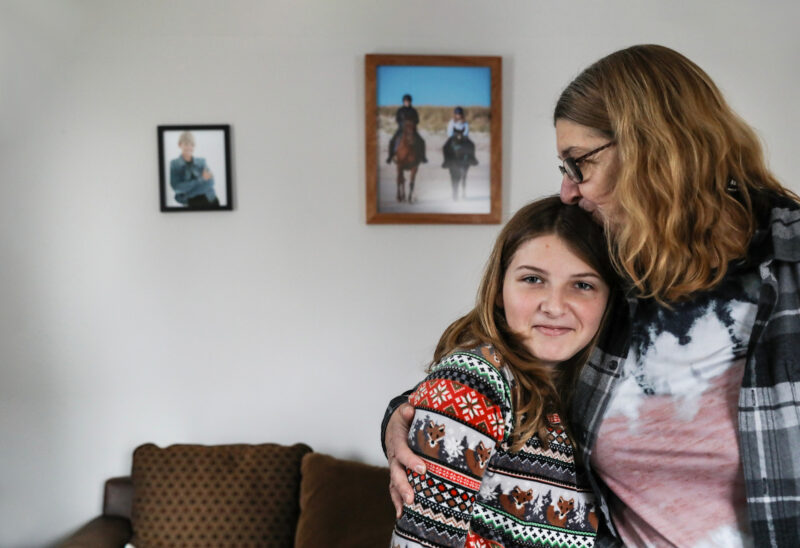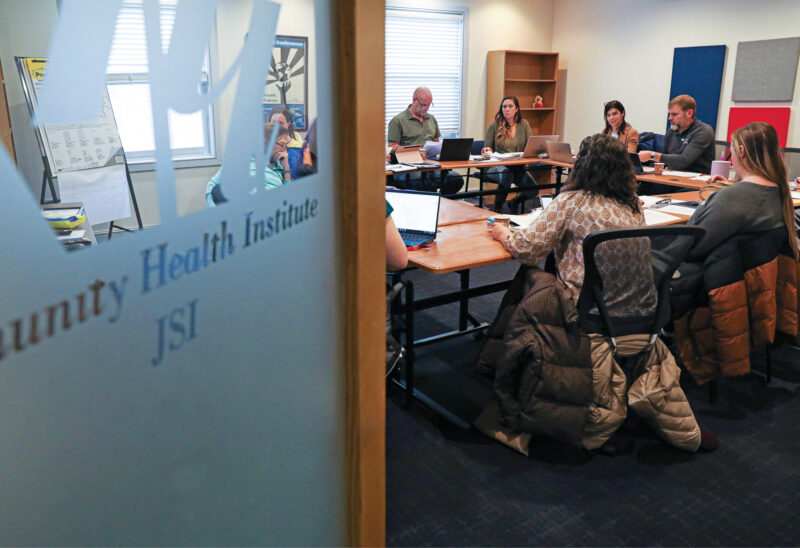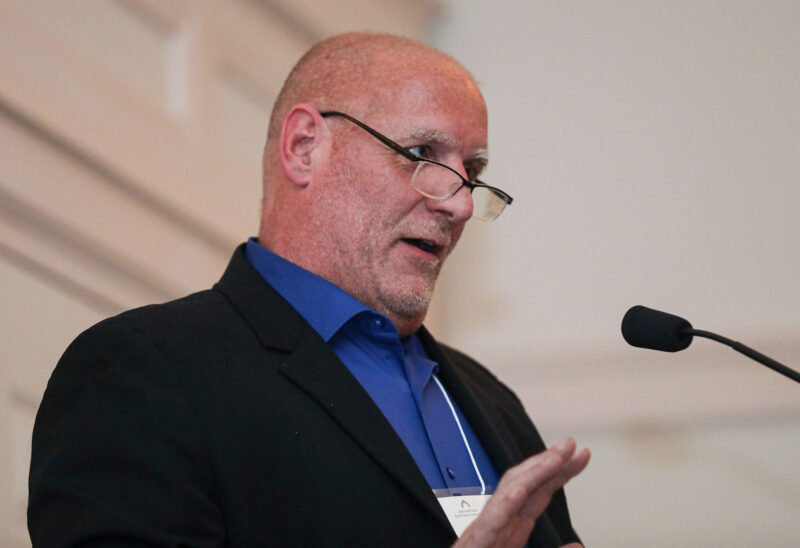The New Hampshire Charitable Foundation launched Screen & Intervene, an evidence-based “screening, brief intervention and referral to treatment” (SBIRT) protocol for youth in 2014. The Governor’s Commission on Alcohol and Other Drug Abuse Prevention, Intervention, Treatment and Recovery had identified health care professionals as key to supporting a culture change in the way alcohol and drug use are viewed and addressed.
SBIRT has been implemented in 23 medical facilities across New Hampshire with a $2.25 million grant from the Conrad N. Hilton Foundation, and health care professionals have become more effective messengers for prevention and early intervention.
More than 15,000 young people have gotten effective screening with intervention and referral to additional care if needed, and more than ever are having meaningful and consistent conversations about substance use with their primary care providers.
Here is the second in a series of case studies from sites around the state, providing insights about how the new protocol is improving the health of young people.
Hardly a day goes by when Dr. Kelley White does not see a family that has been profoundly affected by the state’s drug and alcohol crisis.
“I have long been concerned about this issue and see many, many children who are affected by the heroin and fentanyl crisis — children who have lost parents, children with neonatal abstinence syndrome,” White said.
SBIRT is one way of trying to arrest that cycle in a new generation.
White practices at the Mid-State Health Center, which has sites in Plymouth and Bristol. Mid-State uses the SBIRT protocol with children 12 and older.
“It’s normalizing [the conversation] not just for the patient population, it’s also normalizing it for the clinical providers…for youth, it can be difficult to bring up the subject. So knowing that the questions are asked as part of comprehensive care does make that a little bit easier,” said Peggy Rosen, who oversaw implementation at Mid-State.
Staff from all departments have been trained in its use and in motivational interviewing techniques.
“It involves a whole crew of people with a variety of different roles so it is important for so everyone to feel that they are engaged in process and have a say over how it’s done,” White said.
The SBIRT questionnaire — which is paired with questions screening for depression — is done on a tablet, with the risk score tallied by medical assistant.
One question, which asks if a child has ever ridden in a car with a driver who has been using drugs or alcohol, has posed some challenges, White said. When a child answers “yes” to that question, the driver is often a parent — which presents a series of challenges for a provider about safety, confidentiality and appropriate next steps.
“That has been a tough one to address, but it has allowed me to get intervention and treatment in their family,” White said.
Mid-State has recently added a licensed drug and alcohol counselor to its provider team, a position that helps with the “brief intervention” part of the protocol.
SBIRT, White said, “Is a very valid process to be using. I find it really helpful to be able to have a really frank conversation with my teens about these issues.”













![Charitable Foundation President Dick Ober [Photo by Cheryl Senter]](https://www.nhcf.org/wp-content/uploads/2023/12/dick-ober-purpose-fall-winter-2023-800x548.jpg)





